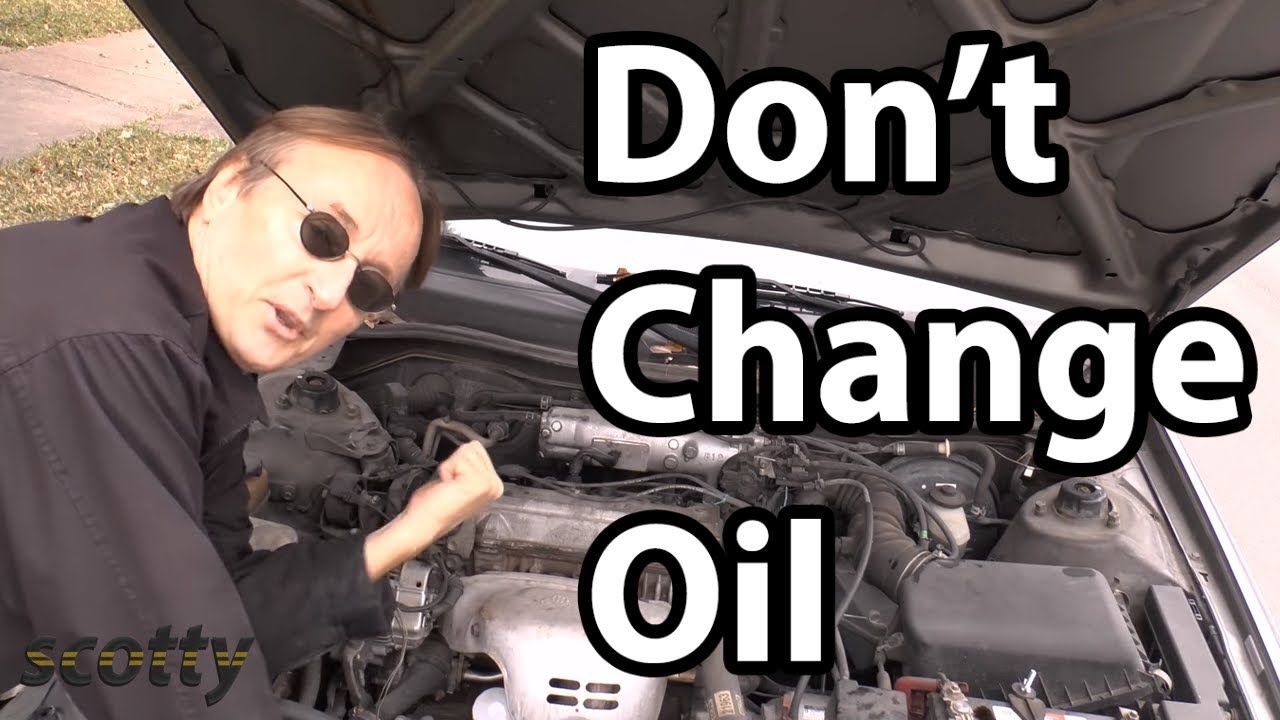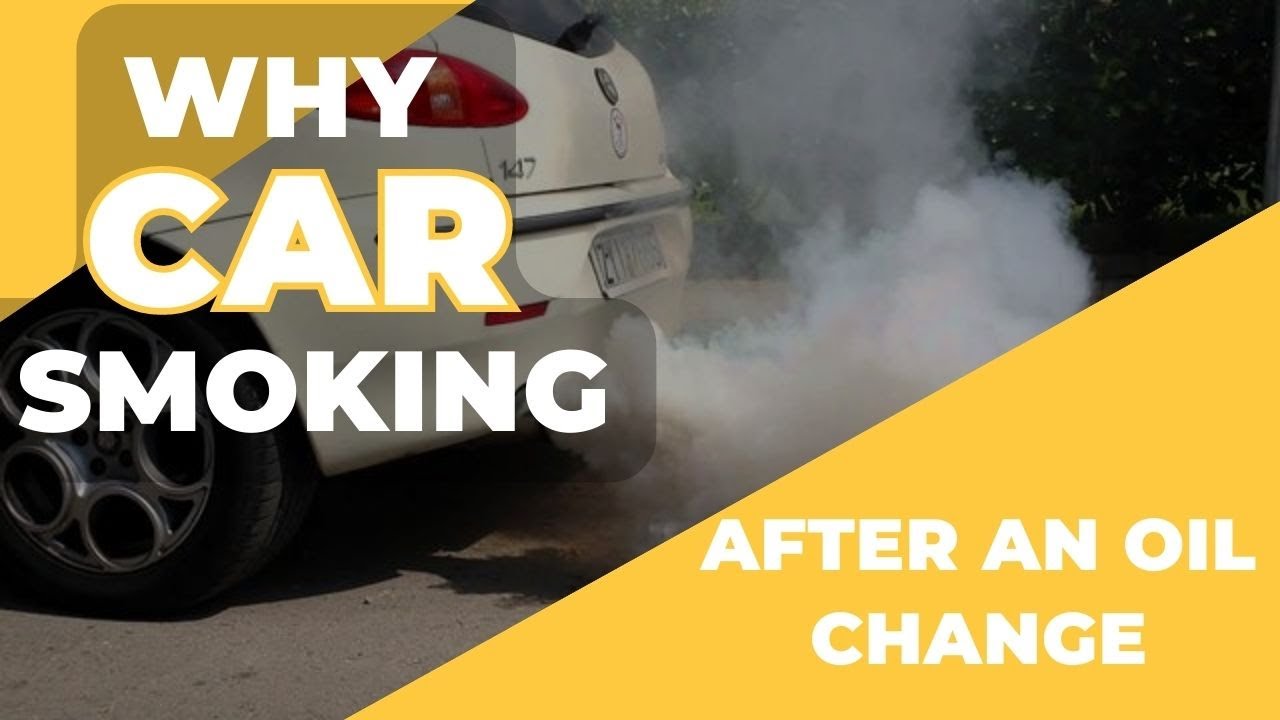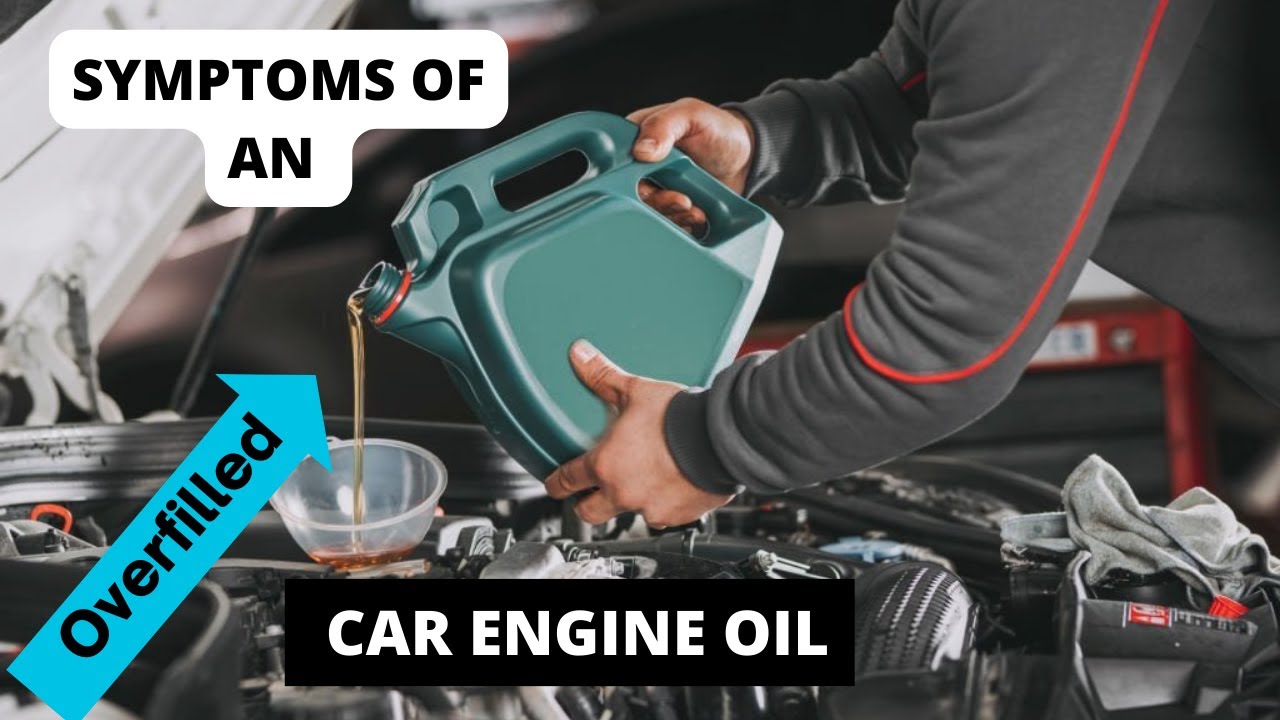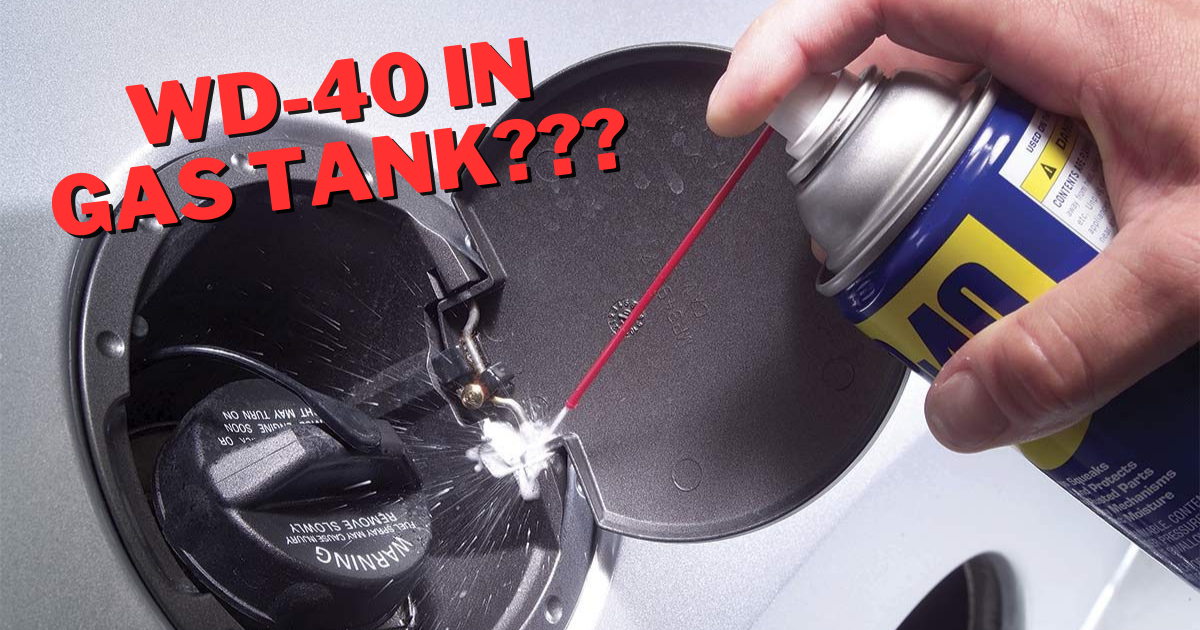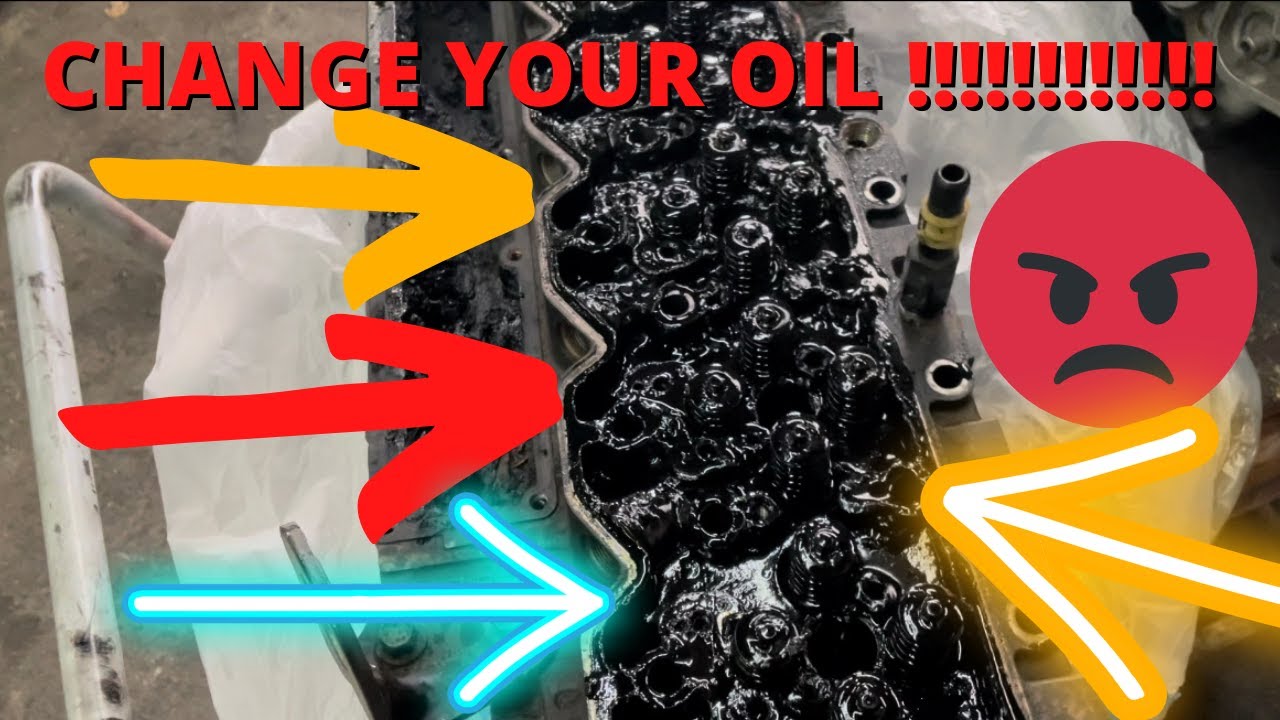Every car company tells you to change the oil after a certain number of miles or kilometers. Oil has several jobs, such as cleaning, protecting, and cooling your engine. But what happens if you don’t change your oil at the recommended time or don’t change it at all?
Engine Overheating
The engine coolant is not enough to cool your engine; Engine oil is also important because it can get to places that coolant can’t. As engine oil gets older, it breaks down and gets thicker because it has been in high temperatures for a long time. This thermal breakdown of the oil keeps it from absorbing heat, which could cause the engine to overheat, gaskets to blow, and parts to wear out and warp.
When The engine overheats, it could cause to blow the gasket.
If your head gasket is blown, a milky white smoke will come out of the exhaust pipe. Fixing a blown head gasket can be very expensive, and depending on how old and valuable your car is, it may not be worth it. You might end up looking for a new car at the dealership, where sales people will give you a headache.
Even if the heat doesn’t make a gasket blow, it will still warp the engine parts. Since the oil’s lubricating properties have been taken away, metal will grind against metal. The engine will seize.
This can’t be fixed. Most of the time, a seized engine needs to be replaced, and it’s easy to guess how much that will cost. Again, a repair bill like this could put you in danger of having to buy a new car.
Engine Parts will wear out.
An engine has many parts that move, like pistons and valves. The lubricating properties of your engine oil help to protect these parts by cutting down on friction. After the recommended time between oil changes, the engine oil will lose its ability to protect the parts from wear and damage caused by friction.
Dirt buildup
Engine oil does more than just keep things moving and cool. It also cleans the inside of the engine. It gets rid of particles and other small things. Over time, this dirt can build up and cause the oil channels to get clogged. This can shorten the life of the engine by a lot.
This can shorten the life of the engine by a lot. When dirt builds up, it makes the engine work harder, which makes it lose power. If an engine’s oil hasn’t been changed in a long time, it will start to gel or work harder and then turn into sludge. When this happens, the oil can’t reach all engine parts. This means that the crankshaft, bearings, camshafts, and other valve train parts will run out of oil. This will cause the engine to break down so severely that it needs to be replaced.
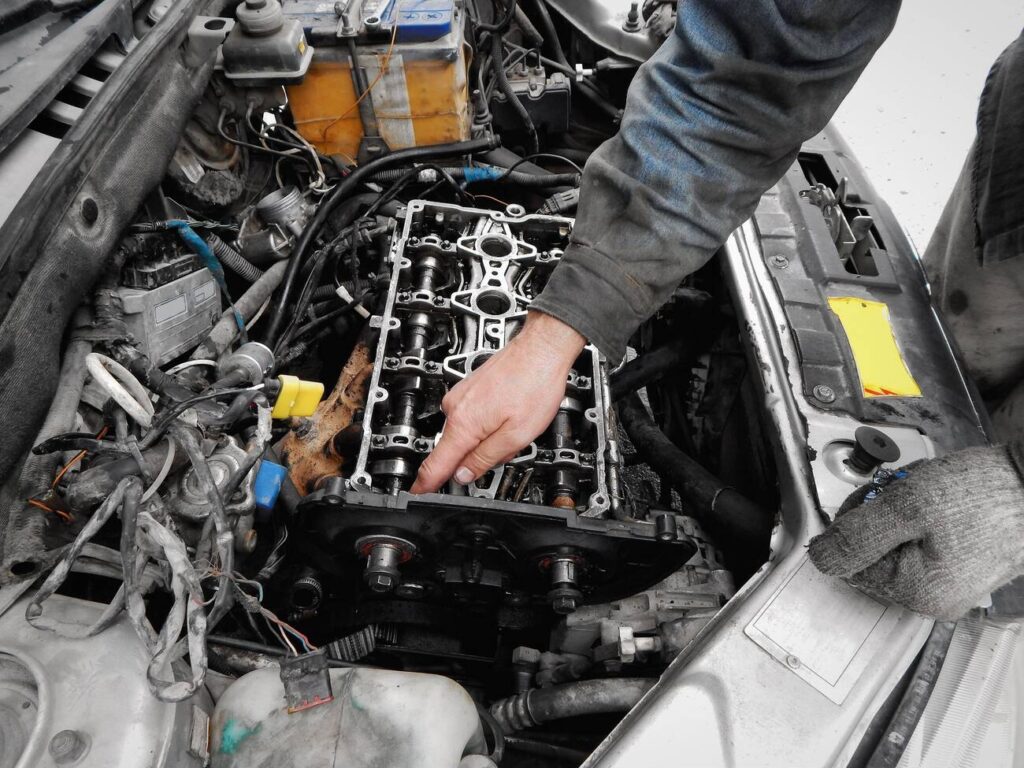
Increase in fuel consumption
when engine oil ages, it gets thicker and turns into sludge. This makes the engine work harder. This means that you need more fuel to get the same amount of power. This change in how much fuel is used can make a difference of 1% to 2%.
Car warranty is voided.
If you take care of your car the way the manufacturer tells you to, you’ll be covered by the warranty. If you don’t take care of it as requested, the warranty will be null and void. If your engine gets damaged, you might have to pay a lot of money that the manufacturer won’t cover.
Final thoughts
Fixing an engine is much more expensive than getting the oil changed and replacing the oil filter. If you use good engine oil and change it when the manual says to, your car will be able to reach its full potential and last longer. The most important fluid your car needs, besides gas, is engine oil, so make sure you get the right one.
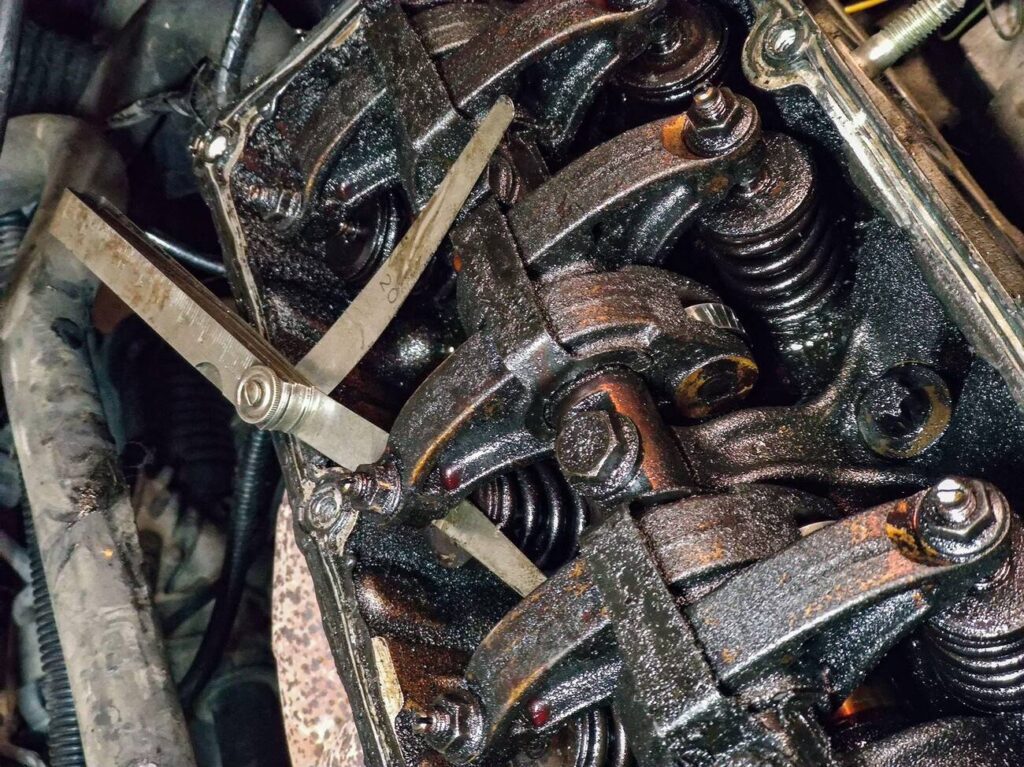
FAQ
What is the ideal time to change the engine oil?
It depends on the type of oil ( Synthetic, Semi-synthetic, Conventional). Synthetic oil is the best, and it lasts longer (should be changed every 7,500 – 15,000 miles), while Conventional oil lasts about 3000 miles, and every 6 months
Does engine oil expire?
Yes, this is a simple answer engine oil only has a certain lifespan before it has to be replaced. That’s why it has a use-by expiration date on it. As a result, even when oil is left in the engine for an extended period of time, it degrades.
How do I know when to change the oil?
it is very important to know when to change the oil; the most important part of it is when you change the oil, take note of the date and the odometer, and you change it to start a new trip on the dashboard.
At what percentage should you change the oil?
The range is from 40% to 15%
When the oil life indicator on your car reads between 40% and 15%, you should change the oil. The percentage of your vehicle’s oil life is a way for it to tell you how much time is left until it stops running at its best.
When a car needs oil, what does it sound like?
So much noise and knocking from the engine.
If you don’t pay attention to the fact that your engine is making more noise, you’ll soon hear knocking, rumbling, and even roaring, which are all signs that you need to change your oil.
What makes oil get dirty fast?
The oil filter in your car is old. The oil filter in your car is supposed to catch any dirt or debris in the engine oil, but it doesn’t work as well as the oil filter gets older. So, the engine oil is likely to get dirty. It means that the oil filter also needs to be changed.
Is it OK to delay an oil change?
Delaying an oil change, even for a short period, might cause damage. A little extra period between oil changes can make the engine wear out faster, which can cause more problems as the car ages.
Will your car shake if it needs an oil change?
When oil gets old or dirty, it gets thicker and can’t do its job of lubricating the engine parts. This metal-on-metal friction can make the vehicle shake or vibrate if it’s bad enough.
